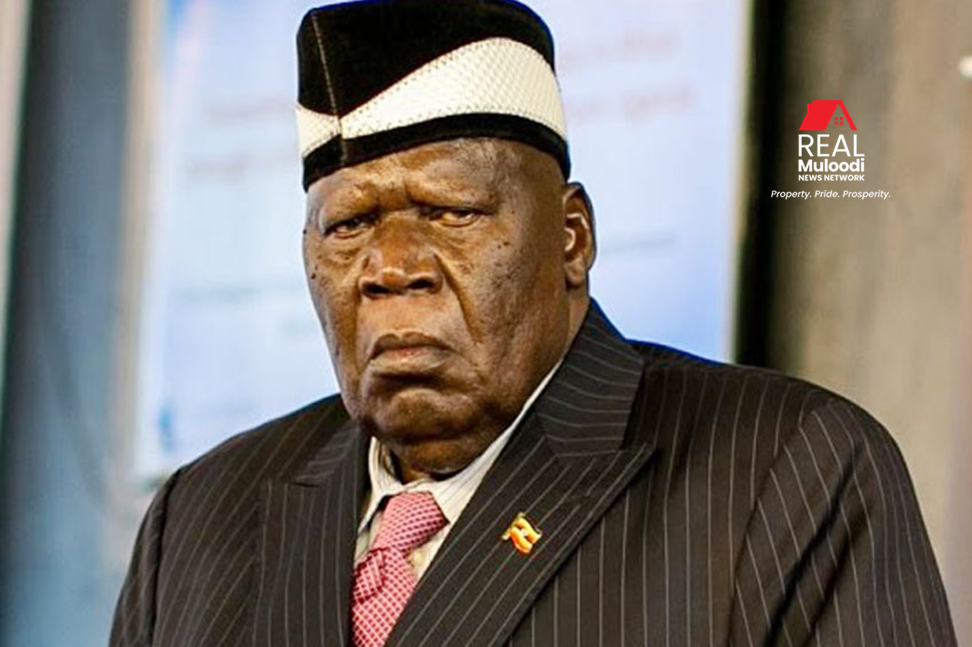UGANDA, Kampala | Real Muloodi News | The cabinet is set to deliberate on a detailed white paper outlining land reforms proposed by an inter-ministerial committee.
The committee led by Gen Moses Ali, the first deputy Prime Minister, includes Lands Minister Judith Nabakooba and Attorney General Kiryowa Kiwanuka.
President Museveni established the committee in 2021 to study the recommendations of the Commission of Inquiry into Land Matters, chaired by Justice Catherine Bamugemeire, which conducted consultations on land issues from 2017 to 2020.
Ms Nabakooba confirmed that the inter-ministerial committee has completed its study of the land commission report and has formulated new recommendations.
These recommendations will be presented to the cabinet for discussion. While she did not disclose the specifics of the recommendations, she emphasised that the proposed reforms aim to address the land issues affecting the country.
“We took them to the Cabinet Secretariat, and we are now waiting for the opportunity when it will be put on the Agenda and be discussed by Cabinet,” Ms Nabakooba said.
The land probe report suggested various measures, including the registration of all land in Uganda, enhancement of tenure security, the introduction of a customary freehold tenure system, the establishment of the Uganda Land Services Bureau (ULSB), and the implementation of a tax on idle land, among others.
President Museveni, who received the commission’s report in July 2020, expressed his intention to translate the reforms into laws during a gathering with National Resistance Movement party lawmakers in August 2021.
He emphasised the need to dismantle archaic laws that have burdened the people and stated that the report would help address cases of eviction, wetlands management, road reserve provisions, and other related matters.
The president highlighted the importance of a comprehensive legal framework to combat corruption and protect the rights of local communities in mineral areas.
Preparatory work for land reforms is already underway, with a particular focus on the Buganda region, which faces numerous land disputes.
The government is carrying out extensive sensitisation of landlords and tenants, facilitating compensation through the Land Fund, and issuing land titles to vulnerable communities prone to evictions.
Additionally, efforts are being made to register land and provide legal documentation to 70 per cent of unregistered landowners.
Mobilisation of communities and clans to form communal land associations (CLAs), systematic land adjudication and certification, enhancement of the land information system, curbing illegal evictions, strengthening alternative dispute resolution mechanisms, land use planning, and securing land rights of women and marginalised groups are among the other reforms being pursued.
Ms Persis Namuganza, the State Minister for Lands, reported that the ministry has completed the formulation of 600 communal land associations (CLAs) and is awaiting funds to enable surveying and title printing.
The government has registered clans and sub-clans into associations and intends to issue both customary and freehold land titles in Karamoja, Acholi, Lango, West Nile, Bunyoro, and parts of Buganda (Kayunga and Mubende).
The ministry expects the release of resources in the new financial year to finalise the titling process.
READ MORE LIKE THIS:
Colonialists Created Mailo; Land Reforms Necessary – Minister Baryomunsi



